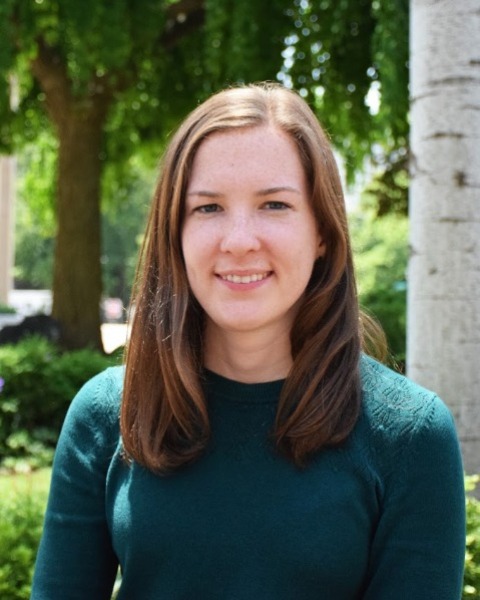Category: Prematurity
Poster Session II
(615) Index pregnancy placental histology and response to progesterone supplementation for prevention of recurrent preterm birth
Progesterone supplementation has been studied in prevention of recurrent preterm birth (PTB) with mixed results. Identification of patients who would most benefit from progesterone supplementation is not clear. The purpose of this study is to investigate if placental pathology in an index pregnancy is associated with response to progesterone supplementation for prevention of recurrent PTB.
Study Design:
This is a retrospective cohort study of patients with an index singleton PTB and subsequent birth in a single health care system between 2009 and 2019. Patients were included if they had a placenta sent for pathologic review in the index pregnancy and received intramuscular progesterone supplementation in a subsequent pregnancy. Placentas were reviewed by a single perinatal pathologist. Progesterone response was defined as delivery > 3 weeks from an index pregnancy. Patients who delivered < 3 weeks from index pregnancy but >= 39 weeks were excluded. Demographic characteristics were compared by progesterone response. Logistic regression was used to assess the independent association of placental histology with progesterone response, defined as delivery > 3 weeks from the index pregnancy.
Results:
167 patients were included. Gestational age at index pregnancy was lower among those with a progesterone response (34.7 weeks for no response vs 33.0 weeks with response, p< 0.001). Other demographic and clinical characteristics were no different (Table 1). Low grade acute inflammation (AI) was independently associated with a decreased progesterone response (aOR 0.31, 95% CI 0.11, 0.88, Table 2). Conversely, low grade maternal vascular malperfusion (MVM) was associated with a higher odds of progesterone response (aOR 2.8, 95% CI 1.05, 7.18).
Conclusion:
Patients with low grade MVM in an index pregnancy are over twice as likely to respond to progesterone in a subsequent pregnancy. High grade AI is associated with decrease response to progesterone supplementation. These findings may assist in identifying optimal candidates for progesterone supplementation in prevention of recurrent PTB.

Sunitha C. Suresh, MD
Physician
NorthShore University Health System
Evanston, Illinois, United States
Alexa A. Freedman, PhD (she/her/hers)
NorthShore University HealthSystem
Evanston, Illinois, United States- LE
Linda M. Ernst, MD
NorthShore University Health System
Evanston, Illinois, United States

.png)
